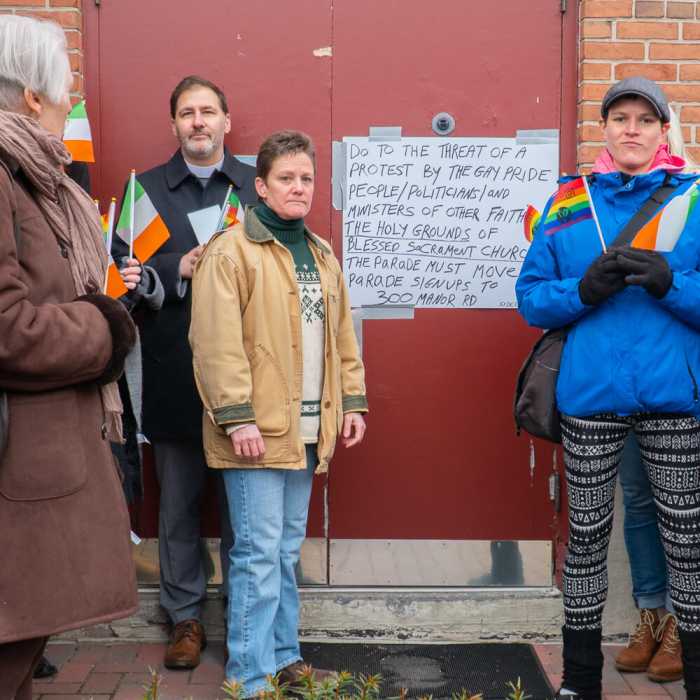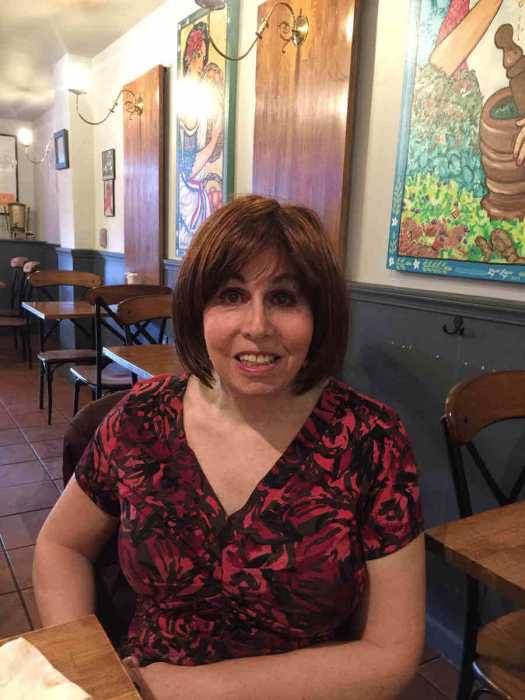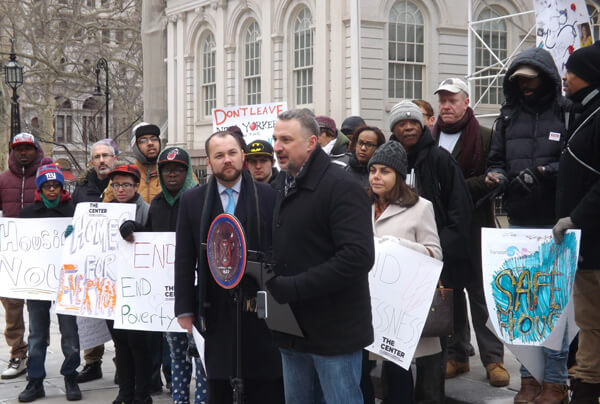Drug policy reform will play a bigger role in American politics during President Barack Obama’s second term, and it behooves our leaders in Washington, DC, and elsewhere to welcome this shift.
Public attitudes are changing, and the drug reformers’ condemnations have taken on a new, more confident and aggressive tone. Voters in Colorado and Washington State approved referendums permitting the recreational use of marijuana in return for taxes on the pot industry. According to the Drug Policy Alliance, this is first time any political jurisdiction in the world has acted to “regulate marijuana like alcohol.” In Massachusetts, voters approved medical marijuana distribution.
In Brooklyn, Hakeem Jeffries was elected to Congress as a drug reformer and campaigner against police abuses. Diane Savino, a Staten Island Democrat, champions medical marijuana and will play a pivotal role in deciding if the State Senate majority is led by a Republican or a Democrat. Governor Andrew Cuomo supports ending criminal charges for the possession of marijuana in public view. His position is a positive response to the swelling discontent over police stops of minority youth.
The rapid change in public attitudes invites comparison with the growing acceptance of marriage equality. A majority is accepting ideas that first blossomed in the 1960s and ‘70s.
The next step is to encourage a positive response from politicians. Ethan Nadelmann, the executive director of the Drug Policy Alliance, draws the sensible conclusion that the recent referendum wins were not “pro-pot.” Most voters don’t smoke pot, but they realized “it made more sense to regulate, tax, and control marijuana use.” Prohibition has never made grass go away, and the voters approved new policies that cope with its use and regulate it like alcohol.
Here in New York, Cuomo recognizes the need for evenhanded enforcement and supports expanding marijuana decriminalization by eliminating criminal charges for persons having marijuana in “public view” — an existing policy that makes offenders out of youth who are stopped and asked to empty their pockets, bringing their weed illegally into the open.
It would be helpful and encouraging if the governor took the next step in responding to popular will by taking a fresh look at the fully legal recreational use of marijuana and the tax revenues it could bring. In Washington, the current debate over the fiscal cliff provides an opportune moment for highlighting the government revenue benefits of regulating and taxing marijuana sales.
Supporting drug reform has been shown to boost the reputations of elected officials. It helped David Soares get elected Albany County district attorney and Eric Schneiderman in his successful campaign for state attorney general. The issue proved much the same political plus that Eliot Spitzer’s embrace of marriage equality in his 2006 run for governor provided in casting him as a forward-looking leader.
While political leadership on drug reform would smooth the road ahead, the reformers themselves are not waiting. They have instead been sharpening their arguments and are now less likely to make the case simply that prohibition is futile and ill-advised. A more aggressive posture is taking hold among leading reformers.
For years, these groups have urged reform with facts like these: In 1980, the total US prison population was about 500,000, but it has grown to more than 2.3 million today. To return to the nation’s incarceration rates of 1980, four out of five prisoners currently held would have to be released. The staggering growth in prison populations has created a general unease about using prisons to cope with drug use.
Researchers and reform advocates today, however, believe these facts underestimate the crisis.
The new view is that the drug war creates a caste system in American society, with the label criminal replacing the old Jim Crow marker of skin color. This argument could be a game-changer. Democrats — and some Republicans, too — are starting to recognize the political liability of supporting drug prohibition. Mass incarceration of citizens drawn disproportionately from communities of color has implications at the ballot box.
While US incarceration rates are high, the arrests do not occur on Park Avenue or Beverly Hills. They are concentrated in other neighborhoods. The residents of Harlem, Bed-Stuy, Chicago’s South Side, and South Central LA are the ones arrested. And because arrests are nearly always made among the poor, the black and the brown, the rate of arrests in those communities are astronomically higher than those suggested by the nationwide figures. A point made dramatically in Eugene Jarecki’s new documentary, “The House I Live In.”
The HIV Prevention Trials Network recently released a comprehensive study of black men and new HIV infections. Sixty percent of the African-American gay and bisexual men surveyed in the six cities under review had been in jail. In New York, 57 percent had a history of incarceration.
Even Obama and his attorney general, Eric Holder — whose active campaigns against medical marijuana have provoked dismay among reformers — seem to be gaining a new recognition that radical changes in policy endorsed by voters must be respected. In 2010, the administration warned Californians that a proposition there to legalize marijuana would violate federal law. This year, they were silent as Colorado and Washington voters approved what Californians had rejected. Federal prosecutions of medical marijuana are focused on two states — Montana and California, which have no regulatory systems to govern their dispensaries. The feds are more tolerant in states where regulations are in place. Congress should push the president to exercise restraint as Colorado and Washington implement the regulated sale of marijuana.
Drug law reform is now fully on the public policy radar screen, but it is still in its adolescence, growing stronger but still fragile. Lines of communications must be kept open among the public, reformers, and elected officials. Reformers should move aggressively to develop a real debate rather than allow oppositional postures to harden.
Here in New York, the LGBT community has long embraced medical marijuana; its benefits to people living with AIDS have been understood going back decades. New York, as much or more than any urban area, is also keenly aware of the way in which marijuana penalties and stop and frisk policing have criminalized vast numbers of youth, most of them youth of color.
On November 28, Jews for Racial and Economic Justice packed an Upper West Side synagogue to bestow a “Risk-Taker Award” on ACT UP. The group next plans to launch a Campaign Against Discriminatory Policing and to reach out to Muslim and Arab groups for support.
These developments do not arise in isolation from one and other. And they clearly suggest it is high time to put the question of how to rationalize this state’s and this nation’s drug policies and how to normalize drug use in our society.

































